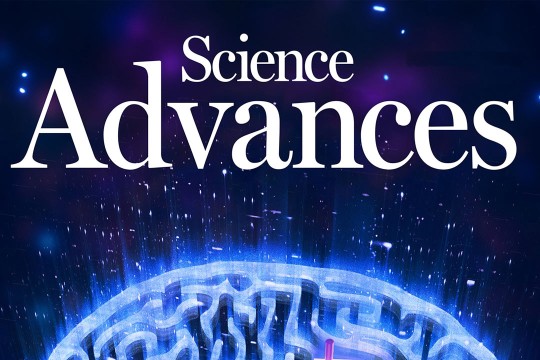
Alexander Ororbia
Assistant Professor
Alexander Ororbia
Assistant Professor
Bio
I am an Assistant Professor of Computer Science at RIT. I direct the Neural Adaptive Computing (NAC) Laboratory where we work on developing new learning procedures and computational architectures that embody various properties of biological neurocircuitry and are guided by theories of mind and brain functionality. My research focuses on predictive processing, active inference, spiking neural networks, competitive neural learning, neural-based cognitive modeling, and metaheuristic optimization.
Currently Teaching
In the News
-
November 25, 2024

International research experience in Sweden seeks to develop the AI-enhanced workplace
A new National Science Foundation grant will allow 18 RIT students to travel to Sweden and conduct artificial intelligence (AI) research that enhances the industrial workplace. The students will take part in a program of AI research, professional development, and mentorship, which includes eight weeks at University West, near Gothenburg, Sweden.
-
November 8, 2024

RIT professor proposes new way to make artificial intelligence smarter and greener
The brain is a great source of inspiration for Alexander Ororbia, an assistant professor of computer science and cognitive science at RIT. By mimicking how neurons in the brain learn, Ororbia is working to make artificial intelligence more powerful and energy efficient. His research was recently published in the journal Science Advances.
-
January 30, 2020
Alexander Ororbia to Work in Collaboration with Google Research
This summer, Alexander Ororbia, CS Assistant Professor, will work as Visiting Researcher (Assistant Professor) at Google, working with Google Research.
-
May 15, 2023
Ororbia’s article featured in special collection
-
February 27, 2023
Team co-publishes article
-
May 4, 2022
Ororbia’s paper on neural generative models selected as editor’s choice









